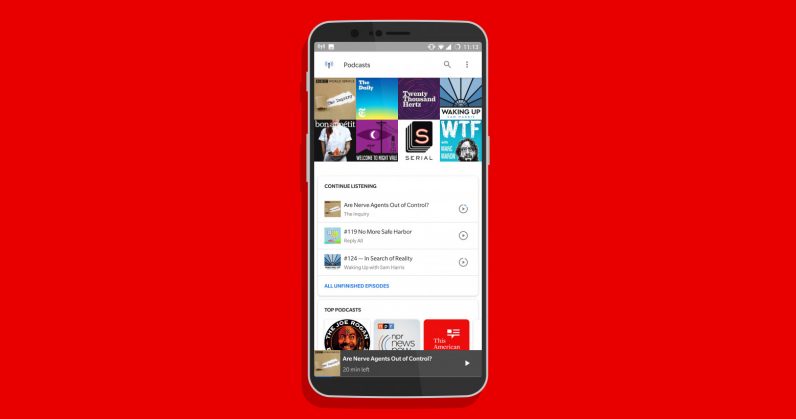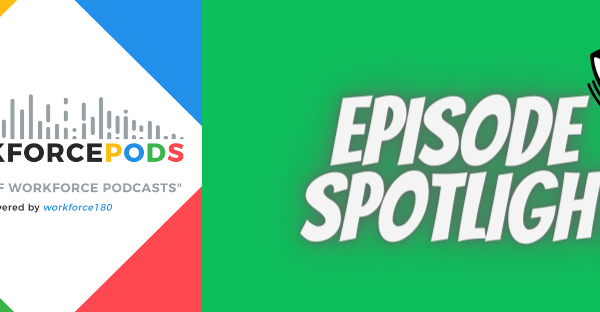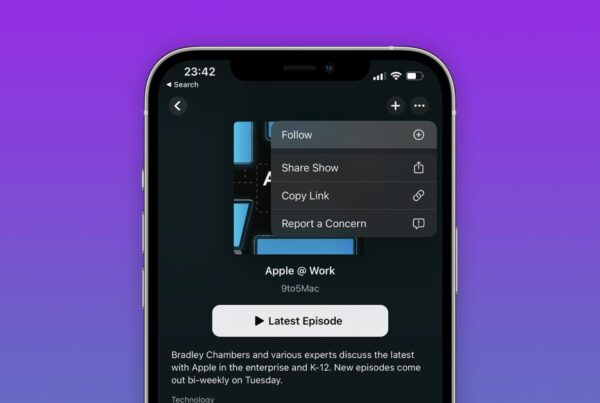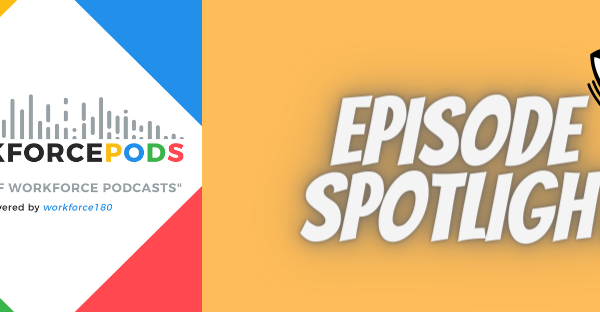Have you heard?! Google Podcasts is here – the app for Android devices that is dedicated solely to listening to podcasts! This has major implications for the future of podcasting, as well as for how podcasts will flourish right this moment. Pacific Content recently published a five-part series explaining what this means for the industry, the kind of innovations it could bring about, and exactly how it will expand this already thriving market. We have dedicated this post to summarizing that series. In it, we will explain just how important this milestone is, and why we believe they are correct in projecting a doubling of podcast listenership as a direct result.
We already have podcasts in Google Play, so what is Google Podcasts?
The best way to explain this is that iTunes is to Apple Podcasts, as Google Play is to Google Podcasts. The former is a multi-media library of all published video and audio. The latter is an app dedicated specifically to podcasts only.
You can still search the Google Play store for a specific podcast show. But, you can now also download (for free) the Google Podcast app, and have a separate library solely for listening to podcasts!
But iOS has had a podcast app for years! Why is Google’s version expected to be so influential?
Yes, Apple has had a homegrown podcast app for years. This is precisely why iPhone users are ten times more likely than Android users to listen to a podcast. However, did you know that most people in the world who have smartphones have Android phones? That’s a lot of untapped listener potential that this Google App will now reach! Think about it. What does your target audience demographic look like in terms of Apple versus Android users? Well, one thing is for certain, if they are primarily Android users, the new Google app means a bunch of new downloads is coming your way.
Not just an app, but an investment.
Beyond introducing the new app, Google is investing in Podcasts in a much deeper way. Now, podcasts will show up in Google Searches alongside the text, image, and video results we are already used to seeing. This is big! This means if, for example, you make a podcast about job seeking strategies and where to find work, anyone who Google searches those keywords will be directed to your show as one of the search result options. Not only is this helpful for your traffic as a podcast producer, but it consistently keeps podcasts at the forefront of the information sharing sphere. While searching for an article on a specific topic, we will now get used to being shown a podcast that can offer us the information we are looking for!
Audio SEO
“Now that podcasts appear in Google search results, naturally, one of the first questions podcasters will ask is, “How can I get my podcast to rank highly in search?” With the emergence of Audio SEO, the creation side of podcasting will shift. If a podcast can be the answer to someone’s questions, creators will start to create their content with that in mind.”
Device Interoperability
As audio continues to become more popular, there are increasingly more options for listening to it. For instance, there are headphones, computers, smartphones, car systems, and smart speakers to name a few. There is a big opportunity for Google to flourish here as it accepts the challenge of making seamless transitions between interfaces for its users. (Think the ability to watch Netflix on multiple devices, and pick up on your computer right where you left off on your phone.)
“One of the reasons interoperability is so important to us is that people don’t necessarily want or have time to sit down for an hour and listen to a podcast from start to finish with the smart speaker. However, if we make the transition into and out of that experience more seamless, people will sit down and listen for whatever time they have. And when they have to leave to go to work or pause the show because their kids come into the room, they can pick it up later, exactly where they left off on whichever device is most convenient at the time.”
The Future
Google has, and is, already making big strides in support of the podcast industry. However, with the advent of constantly improving technology, the future looks even brighter than you maybe imagine.
Picture this: In the future, Google’s artificial intelligence will be able to “listen” to every podcast that is published. It will convert all spoken content into searchable text that is timestamped and indexed. This means not just the title, but the content within a podcast episode becomes searchable, the way it works now for text in articles.
Even further, Google Search and Google Assistant could allow listeners to go beyond finding the right episode of a podcast to meet their query, to finding the exact PART of the episode that matches their search. It could help them jump straight to the right section that is of interest to them.
This kind of powerful voice to text AI would open up new possibilities for user interface options. If you watch YouTube videos or videos on any platform, when you scrub forward, it shows you a preview frame of where you’re scrubbing too. Imagine this ability with podcast audio! Right now, if you’re browsing through for a specific part of an hour-long podcast, you’re kind of scrubbing blind, so you have to stop to hear what they’re saying. If AI can know the words being said at each point, we can be given a preview of the content, the same way we receive it with videos.
So what about language barriers? What if this voice to text AI could also translate the content into any other language? The technology is very much still improving, but ideally, speech recognition could generate a transcript of the podcast, which would then be translated into another language, and synthesized into speech in the language of the user’s choice. Imagine creating content that could be heard literally by anyone, anywhere, in any language!
In Summary
The new Google app is opening huge doors for podcasters. These doors will only continue to get larger as technology develops. We are already imagining a future for podcasting that transcends all sorts of boundaries from multiple devices to different languages. This future is an exciting one, and the Podcast Industry is just getting started. If you haven’t already, now is a great time to start your own podcast. Your business, your community, and your future self will thank you for it.
Read the full five-part series HERE.


